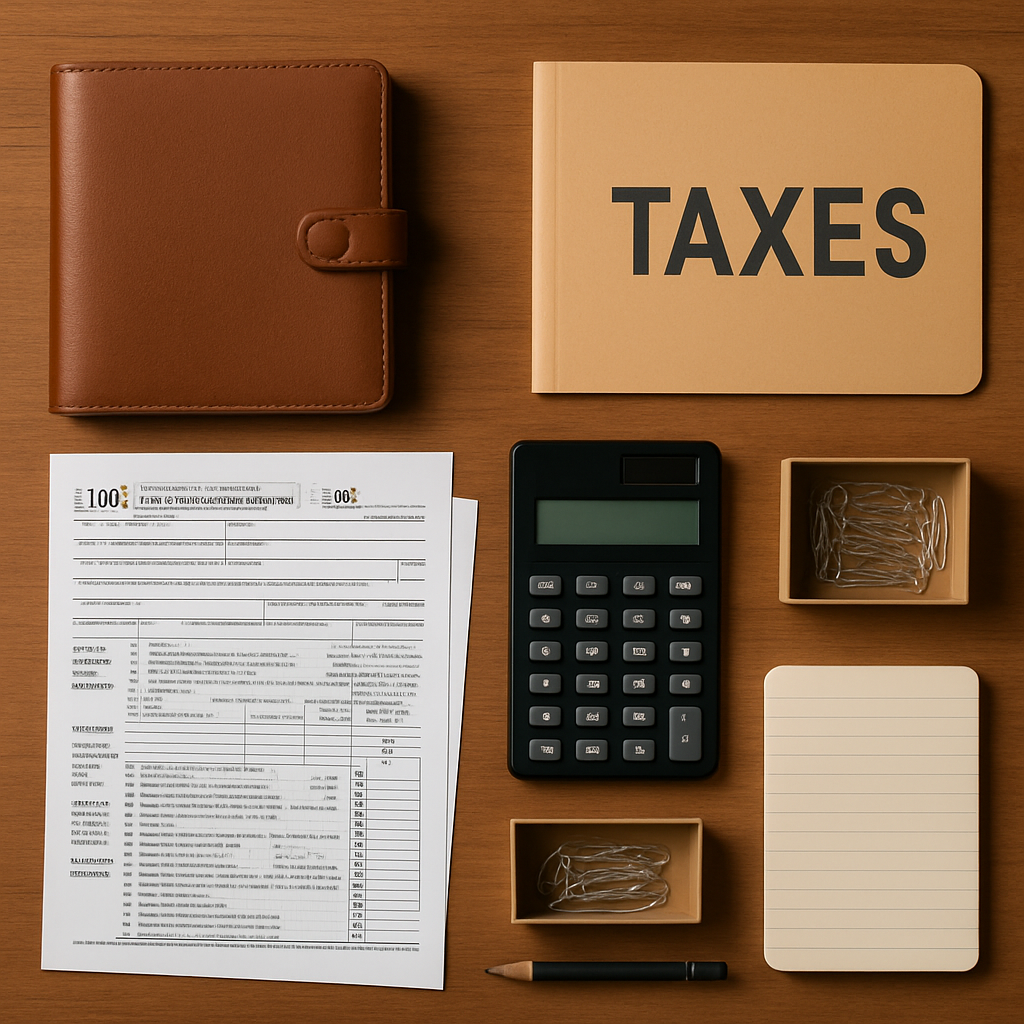Every year, millions of Americans and their businesses turn to professionals to prepare and file their taxes—CPAs, enrolled agents, and tax prep chains like H&R Block or TurboTax Live. In a world of confusing IRS codes, endless forms, and shifting regulations, this seems like the responsible thing to do. But here’s the truth that most people don’t realize until it’s too late:
Even if you hire someone else to prepare your taxes, you are legally responsible for everything on that return.
This is not just a technicality. It’s a hard and costly reality for many taxpayers who have found themselves in trouble with the IRS—even when they thought they had hired an “expert.”
⸻
The Taxpayer’s Responsibility: It Doesn’t Go Away
According to the IRS, taxpayers are “legally responsible for what is on their tax return even if it is prepared by someone else.” That means if your tax preparer omits income, claims a deduction that isn’t allowed, or miscalculates your liability, you will be the one who receives the audit notice, the bill, the interest, and the penalty.
Even more alarming: there is no automatic immunity or protection just because a professional prepared your return. There are a few legal avenues (such as suing a preparer for damages), but these can be expensive, difficult, and often not worth the trouble.
⸻
Why Do People Rely on Preparers?
The U.S. tax code spans over 70,000 pages when including regulations, case law, and commentary. It’s no wonder people seek help. But the complexity of the code is often used by unscrupulous or underqualified preparers as cover.
• They promise big refunds or “loopholes” most people don’t know about.
• They emphasize savings over accuracy.
• They may fudge numbers or omit information to make the return look better—without explaining the risk to you.
And many preparers aren’t even licensed. In fact, only three types of professionals can legally represent you in front of the IRS: attorneys, CPAs, and enrolled agents. Yet thousands of unregulated preparers file returns every year.
⸻
The Illusion of Expertise
There’s a dangerous psychological effect at play: when we hire someone labeled an “expert,” we tend to switch off our critical thinking. But in the world of taxes, this is a trap. Some preparers make more money by bending the rules just enough to get a client a refund—and keep them coming back.
But the moment an audit happens, or an error is caught, the expert disappears, and the IRS comes knocking at your door.
⸻
Recent Cases and Examples
• In 2022, the IRS reported over 150,000 complaints against tax preparers and launched numerous investigations into preparers submitting fraudulent returns.
• A Florida man was sentenced to prison after preparing returns that inflated deductions. His clients thought he was saving them money. They ended up owing tens of thousands of dollars in back taxes and penalties.
• The IRS has a public “Dirty Dozen” list that often includes abusive tax preparers and schemes—something every taxpayer should read.
⸻
What You Can Do to Protect Yourself
1. Ask questions. If your preparer can’t explain why something is on your return in plain English, that’s a red flag.
2. Never sign a blank return. This is illegal and opens the door for fraud.
3. Review every line of your return. This is your legal document. You sign it under penalty of perjury.
4. Make sure your preparer signs the return and includes their PTIN (Preparer Tax Identification Number). This is required by law.
5. Keep copies of everything. All forms, receipts, emails, and notes. If something goes wrong, documentation is your best defense.
6. Use professionals who are transparent, ethical, and have positive reputations.
⸻
Final Thoughts
Hiring someone to handle your taxes does not absolve you of responsibility—it only delegates a task. You’re still the taxpayer, and that means you’re still the one the IRS will hold accountable. It’s essential to be educated, involved, and skeptical—even when working with experts.
Because in the eyes of the IRS, there is no such thing as outsourcing liability.
By Gage Gorman

Leave a Reply